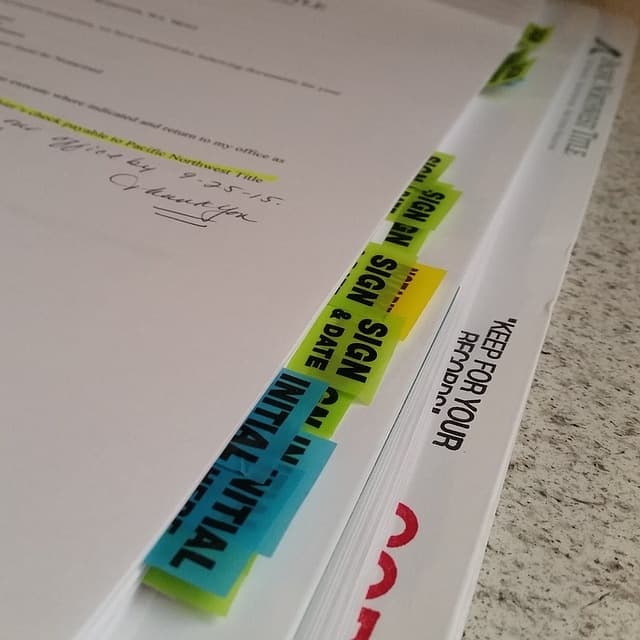For some businesses, bank loans are a logical option when comes the time to secure financing. However, for many small to medium business owners, bank loans aren’t a viable solution. Most small business owners simply don’t have the capitalization, cash flow or collateral to offer in exchange for a loan. This is where invoice factoring comes in.
Invoice factoring allows business owners to borrow against the funds available in their accounts receivable. It’s allows them to pass outstanding invoices to a third party that will be in charge of collecting the debt, in exchange for a fee.
This method of securing financing is currently gaining in popularity, and depending on your business structure and cash flow, this could be a much better financing option than a bank loan.
What Are the Pros of Invoice Factoring Versus Bank Loans?
Well, for one, securing funds through factoring is much faster than through a bank loan. It’s also much more convenient than traditional financing. It can take as little as 24 hours to get a loan through factoring while it can take many months to get approved for a loan.
Invoice factoring allows you to get a low interest, short term loan and the approval process is a lot less strenuous. Banks will usually ask that you produce financial statements, business plans or any documents that they deem necessary. Banks will also impose strict restrictions on how you can spend your money and expenses will usually be limited to what was originally agreed in the stipulations of your loan. Funds secured through invoice factoring can be spent whichever way you please.
Another great aspect of invoice factoring is that it allows business owners to have a tighter control over their debt. Business loans often do the opposite of what they’re supposed to do and can hinder cash flow because of repayment schedules and the interest that is accrued.
With invoice factoring, you don’t have to worry about repaying the debt since the debt has been passed over to a third party. Furthermore, you can confidently extend payment terms and allow customers to pay over a longer period of time without worrying about cash flow.
Non Recourse Factoring vs Recourse Factoring
Non recourse invoice factoring is one of the most beneficial factoring methods for businesses. With non recourse factoring, the factor takes 100% responsibility over all your accounts receivable. Meaning that your lender will have no control over your assets in the case one of your debtors’ defaults.
With recourse factoring, you will still be attached to the debt through stipulations and the factor will still have recourse against you. If one of your client happens to default after a certain period of time, you will be under the obligation to repay part or the totality of the sum that was loaned to you.
Note that the majority of business invoice factoring companies offer recourse factoring. Since recourse factoring is a lot less risky for the lender, this is usually the most affordable option for business owners. However, most companies who offer recourse factoring will run credit checks on your debtors and accounts receivable to reduce the risk for defaults.
Also, getting non recourse factoring is a lot more tricky than recourse factoring. Lenders will usually be a lot more selective with which debtors they will accept invoices for. So, if only a small portion of your accounts receivable comes from eligible sources, you might not get enough working capital to generate significant cash flow.
So, Which One Is Better?
Well, it all depends on your needs. If you’re an established company with a stellar credit score or if you have enough collateral to cover a loan, then a bank loan might be the better option. However, if you’re a new business with lots of accounts receivable and little to no capitalization or collateral, then you should definitely consider invoice factoring.
However, please note that invoice financing is specifically for those who need a short term advance for day to day expenses. If you need extended capital to make important equipment purchases, or any purchase that would require repayment over a long period of time, invoice factoring will be of little help.
Invoice factoring is a great way to generate enough cash flow for payroll, supplies or any other urgent needs your business may have. And a good factoring company will give you tons of options depending on your needs. But whatever you do, make sure that you look for reputable invoice factoring companies with significant experience and competitive rates. Also, make sure that you thoroughly understand the terms of your contract and fully understand all the options that are available to you.





